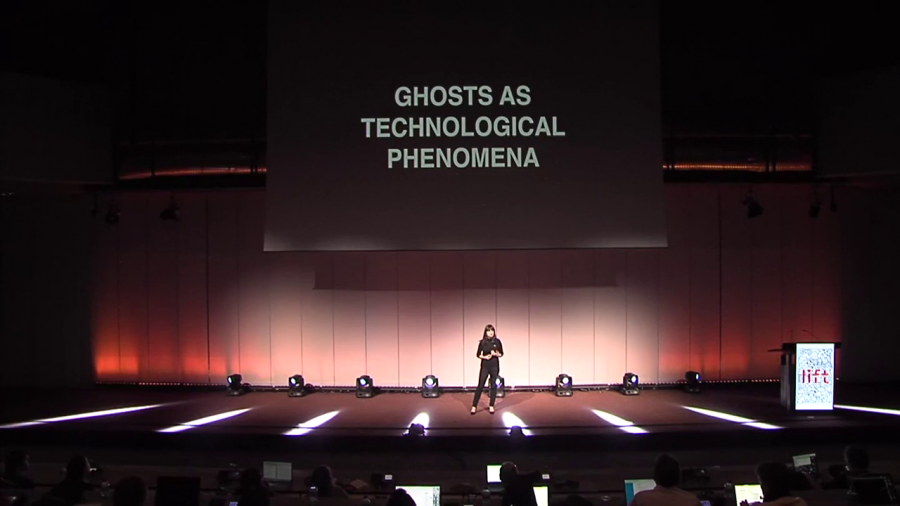For me, the notion of urbanizing technology really is part of a larger sort of effort that I’ve been working on for a very long time. … [T]echnologies that enable interactive domains deliver, give, their technical capacities through ecologies that are more than just the technical capacity itself.
Lift Conference (Page 1 of 2)
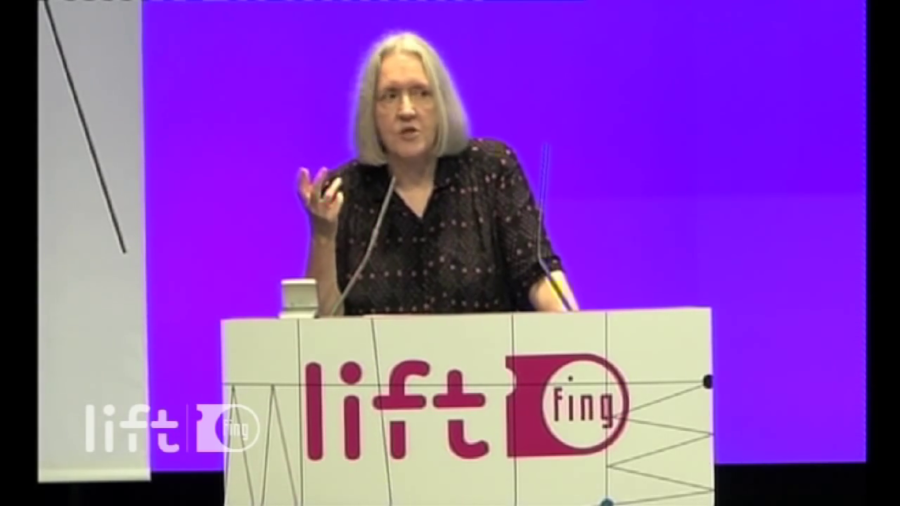
The Future of Smart Cities
presented by Saskia Sassen
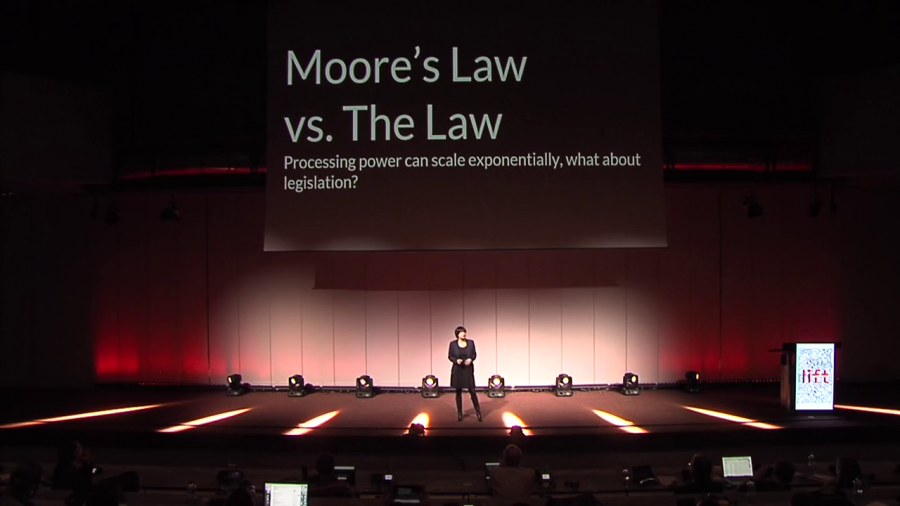
AI Policy, Is It Possible? Is It Necessary?
presented by Min Li Marti
When we talk about technologies such as AI, and policy, one of the main problems is that technological advancement is fast, and policy and democracy is a very very slow process. And that could be potentially a very big problem if we think that AI could be potentially dangerous.
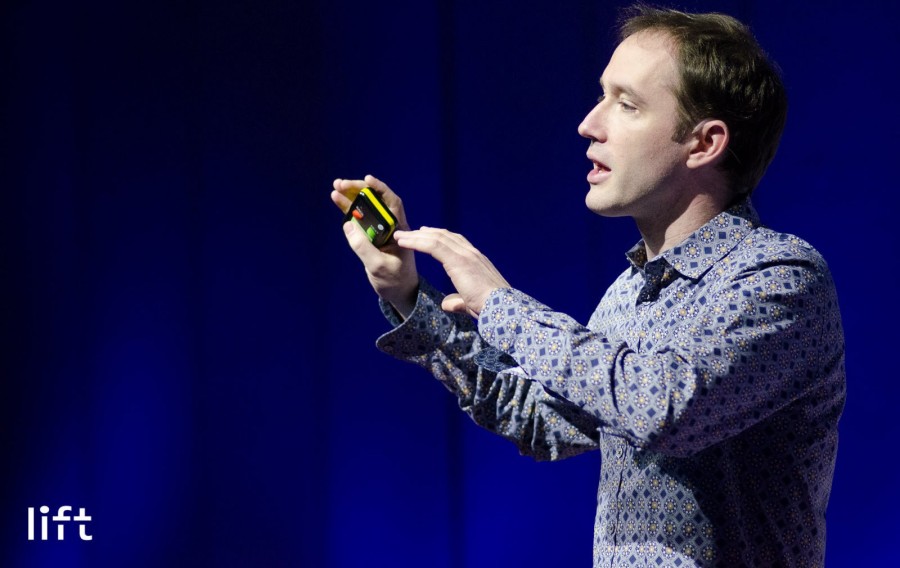
Challenging the Audience to Work in Anti-Disciplinary Spaces
presented by James Patten
I came into doing work in an antidisciplinary space more or less by accident. Back when I was applying to university, the schools would send out these books talking about the different programs they offered and what each program was like. And for some reason I never read any of those books. I just applied to engineering school because I thought, “Oh, you know I like to make things, and engineering school’s where you make things.”
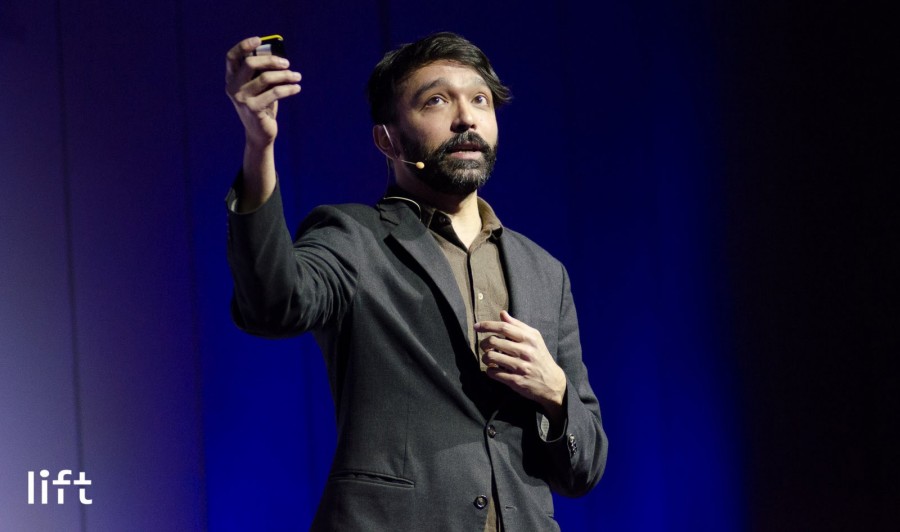
The Art of Discovery, As Seen by a Physicist
presented by Subodh Patil
The scientific method was perfected in the crucible of natural science, and physics in particular. And an old professor of mine once told me that a good theoretical physicist is intrinsically a lazy person. And so these heuristics of ignoring superfluous detail, simplifying the problem to its barest essentials, maybe even making a caricature out of it, solving that simpler problem. If you can’t solve that simpler problem, solve an even simpler problem. This actually works in physics. Because the universe is intrinsically a lazy place.
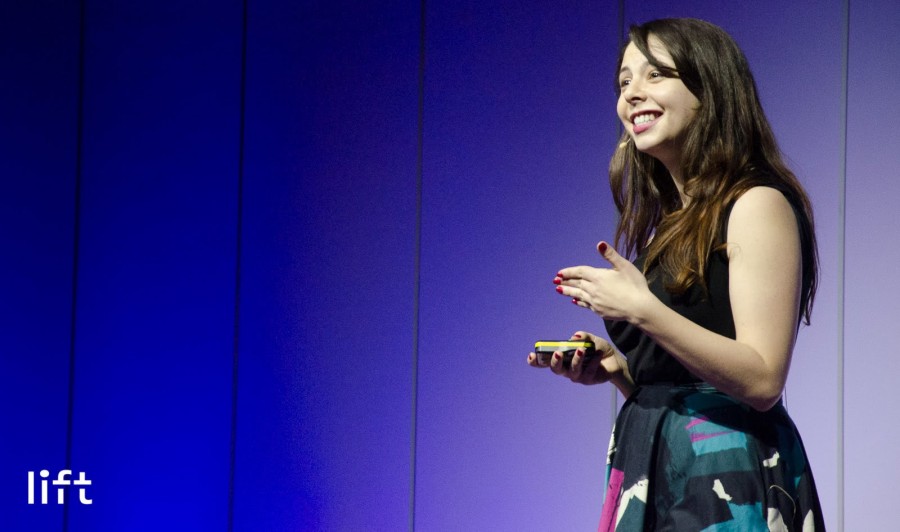
Making/Meaning in the Realm of Anti-Disciplinarity
presented by Sarah Brin
What does it mean to be antidisciplinary? To me, it means struggle. Sometimes, working in interdisciplinary fields, I felt like I’ve maybe tried really hard working and working and working on a project, and I wasn’t seeing any difference. Sometimes people would look at me and be like, “What are you even doing?” So, to me antidisciplinarity means not only not working in one specific field, but rather instead drawing from elsewhere to imagine something new.
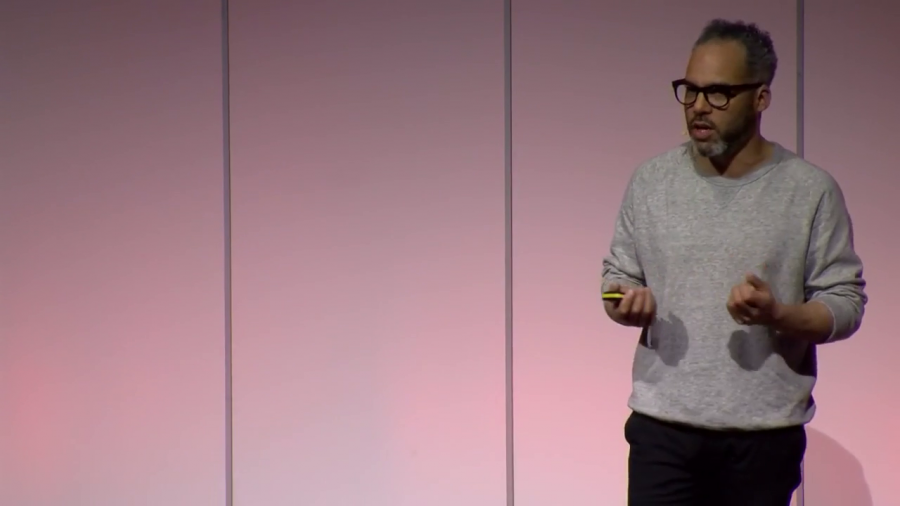
1983: A Blackened Window on the World
presented by Joël Vacheron
Rammellzee […] considered graffiti as viruses. And what he liked to do was to connect his production to military language. He was saying that the graffiti artists were in a kind of symbolic campaign against the standardization of the alphabet.

The Internet of Damned Things
presented by Tobias Revell
We have to be aware that when you create magic or occult things, when they go wrong they become horror. Because we create technologies to soothe our cultural and social anxieties, in a way. We create these things because we’re worried about security, we’re worried about climate change, we’re worried about threat of terrorism. Whatever it is. And these devices provide a kind of stopgap for helping us feel safe or protected or whatever.
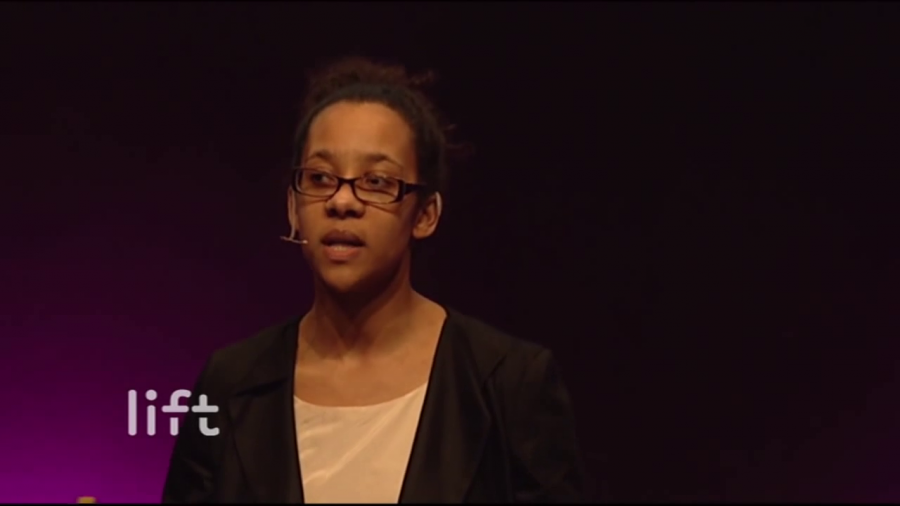
Reading the Riots on Twitter
presented by Farida Vis
One of the things that was happening at the time is that one of the accusations that was being made, or that was being proffered by people who made sort of snap, knee-jerk responses to what was going on is that social media is being blamed. Social media was blamed for the worst civil unrest that England had seen in recent years.
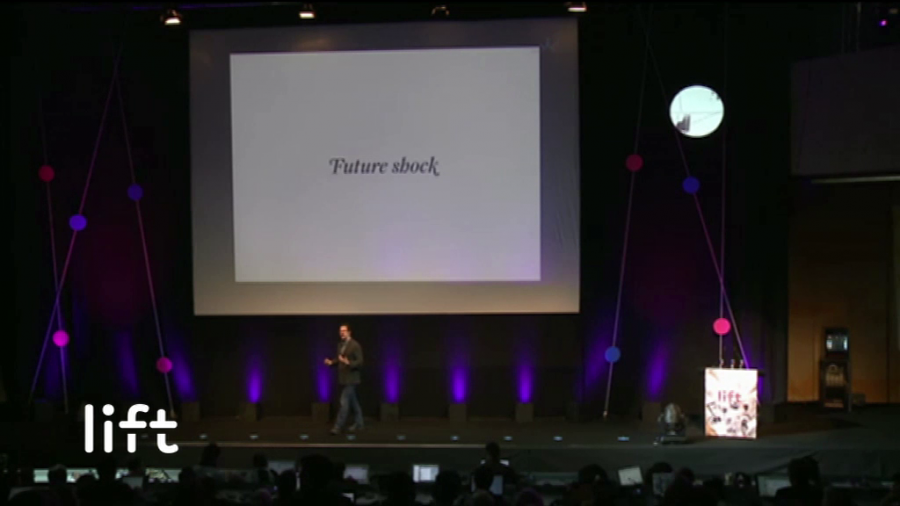
You all have, undoubtedly, friends in New York and San Francisco and Berlin and Tokyo and Australia or whatever, all of whom you have much more in common with than you do with your neighbor. You’ve created diasporas of interest. The death of distance has created many different new forms of country. Countries which aren’t based on how far it is from us to those guys over there, but new countries based on what you’re interested in.

